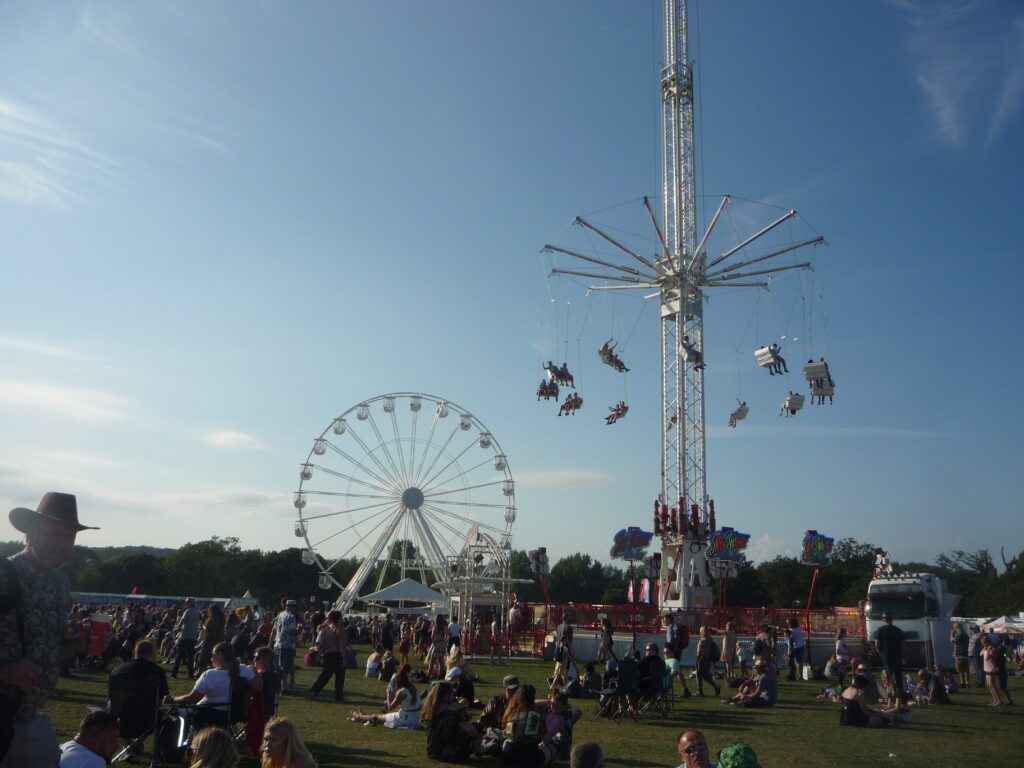
The long-term future of the Isle of Wight Festival at Seaclose Park has been considered by the Isle of Wight Council’s Cabinet, with a new five-year deal proposed.
It is not really clear what was proposed at the meeting, but ideas included:
A new five-year land hire agreement to stage the festival at Seaclose Park up to and including 2027.
A fee of £86,700 (with yearly increases linked to inflation) for the use of council land.
Costs paid by the organisers, of traffic management arrangements at Halberry Lane, as well as the management of the west bank of the river Medina and the river estuary — saving the council almost £30,000;
An agreement with Medina leisure centre.
Following the meeting John Giddings (Promoter, Isle of Wight Festival.) said,
“We are very pleased that the council has approved a new five-year agreement enabling the continued use of Seaclose Park for the Isle of Wight Festival. For more than twenty years we have worked with local stakeholders to turn the Isle of Wight Festival into one of the biggest and best in the country and this agreement secures that for the future. The festival delivers a significant economic boost to the island each year and with this deal in place we can focus on making sure the event stays at the forefront of the UK live music scene.”
Following this statement, on the 14th February it was announced that Solo Agency has struck a ground breaking deal with an Isle of Wight biogas firm to generate more than 950,000 kWh of electricity using grass from the Isle of Wight Festival site, almost twice the amount of energy used during the festival.
The Newport-based Black Dog biogas plant supplies power to the Vestas Offshore Wind Blades facility, further contributing to the sustainability outcomes of the project.
Solo Agency, owned by Isle of Wight Festival leaders John and Caroline Giddings, has turned over the land it holds for festival camping to biofuel production – with grass harvesting being conducted either side of the June event. The land was previously managed solely for use by the festival, so the new arrangement brings the land into productive use year-round.
Caroline Giddings said: “We want the Isle of Wight Festival to be the most sustainable festival in the UK. Year on year we have done more to ensure that our event is as sustainable as possible, from small scale changes, such as the type of cups and cutlery we use, to systemic shifts such as the push to get the main stage area on the electricity grid. This latest initiative builds on that decade of work to keep us at the forefront of environmental activity in the industry.”